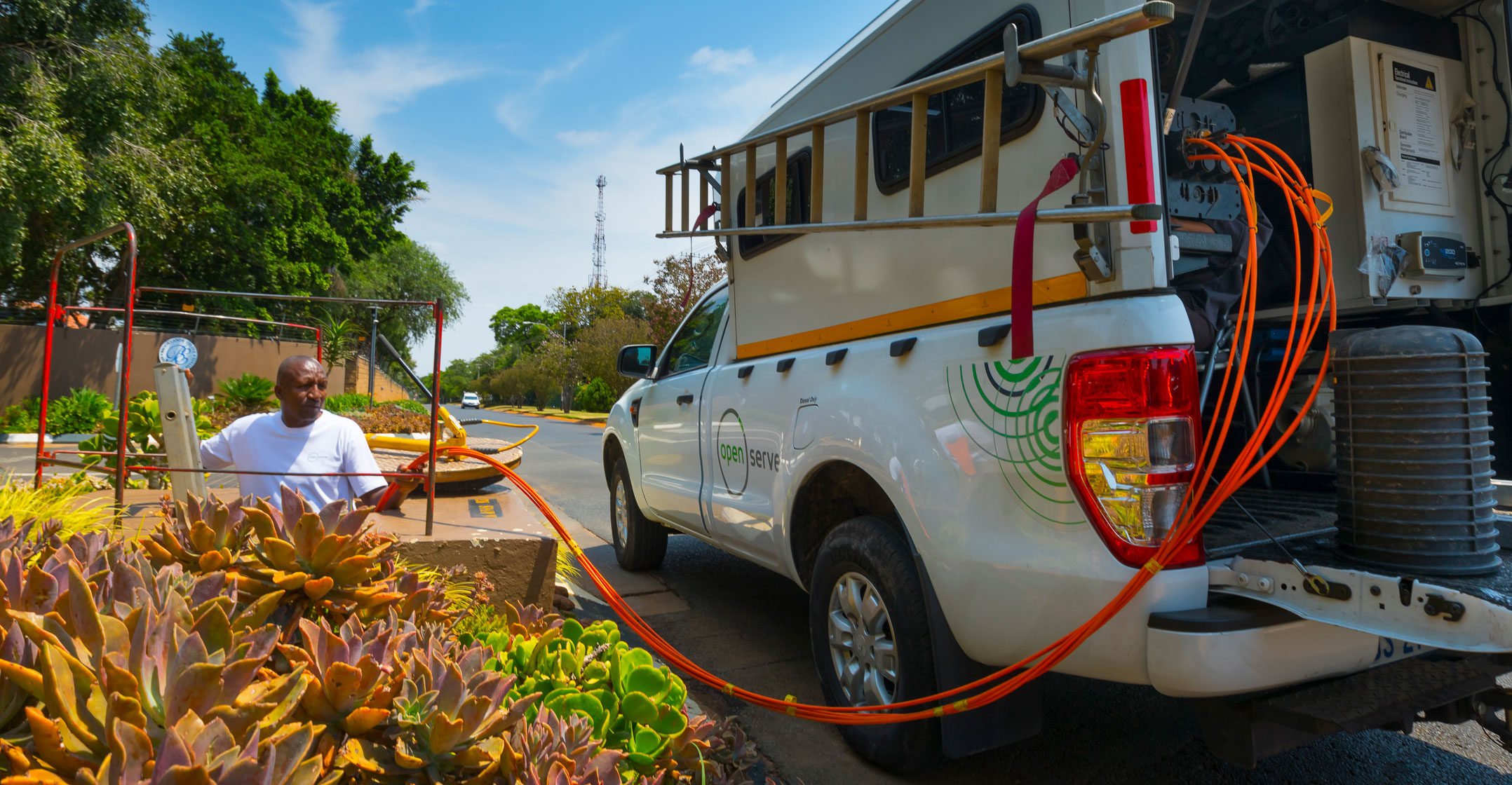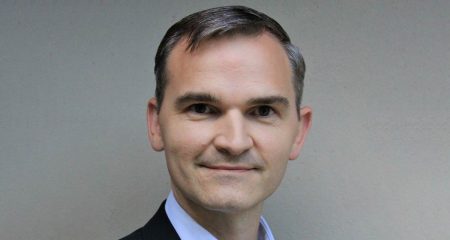 Telkom has reported a decline in full-year revenue of 1.1%, to R42.8-billion, with the telecommunications group blaming tough competition and the weak state of the economy for the poor performance.
Telkom has reported a decline in full-year revenue of 1.1%, to R42.8-billion, with the telecommunications group blaming tough competition and the weak state of the economy for the poor performance.
For the year ended 31 March 2022, Telkom reported underlying headline earnings per share growth of 2.5%. Underlying group Ebitda – a measure of operating profit – fell by 0.5%.
Active mobile subscribers – for years the highlight in the group’s performance – climbed by 10.5% to 16.9 million, helping solidify Telkom’s number-three position in the market behind Vodacom and MTN (and ahead of Cell C). However, the growth in the mobile segment underscores just how poorly the rest of the business has performed.
“The year was characterised by the prolonged effects of the Covid-19 pandemic on certain economic sectors, an intensely competitive landscape, volatile capital markets and significant regulatory developments,” Telkom said.
Mobile revenue growth was 6.3% — achieved despite an “intensely competitive landscape and challenging economic environment”.
“We grew our prepaid customer base by 12% to 14.3 million with Arpu (average revenue per user) normalising to pre-Covid-19 levels in line with management expectations,” Telkom said. “The post-paid base increased by 3.4% to 2.7 million and high levels of Arpus were maintained at R212.”
Telkom said it expects mobile revenue to moderate further, with future growth “in line” with its industry peers.
Sliding
The growth in the mobile business in the full year was offset by a decline in the fixed-line and IT businesses.
“Although these businesses’ top-line declined compared to the prior year, the rate of decline improved compared to the first half of the year,” Telkom said. “The stability in the fixed business is attributable to a slowdown in fixed voice churn and an increase in usage as there was improved economic activity compared to the prior year.”
Good operational cost management allowed the group Ebitda margin to expand by 0.2 percentage points to 27.9%.
Wholesale division Openserve increased homes passed with fibre by 52.7% and homes connected with fibre by 38.4%. In the second half of the year, overall fixed broadband customers increased for the first time in several years despite the continued decline in legacy copper ADSL customers.
“We expect Openserve to start growing in the next financial year, supporting top-line growth,” Telkom said. “Given the slowdown in growth in the mobile business and continuous decline in the legacy business, we expect group revenue to grow at mid-single digit over the medium term.”
Swiftnet, Telkom’s masts and tower business, increased revenue by 4.4% to R 1.3-billion, driven by commercialising the portfolio, new tower builds and the roll-out of in-building solutions. There’s no word yet on a separate listing of Swiftnet after Telkom decided to postpone the listing back in March.
 IT services business BCX again performed poorly, with Telkom blaming the “lingering impact of the lockdown and the global supply-chain constraints and shortages of semiconductor chips”. However, the second half of the year saw “good growth resulting from investments in new capabilities, progress made with strategic programmes and renewed activity in the market”.
IT services business BCX again performed poorly, with Telkom blaming the “lingering impact of the lockdown and the global supply-chain constraints and shortages of semiconductor chips”. However, the second half of the year saw “good growth resulting from investments in new capabilities, progress made with strategic programmes and renewed activity in the market”.
BCX’s revenue declined by 2.6%, mainly impacted by the IT segment. However, this was a marked improvement on the 6.1% revenue decline reported in the first half of the year. “The improvements in performance seen in the last quarter across the business signal a more positive outlook for the next financial year,” Telkom said.
The group generated negative free cash flow of R2.1-billion, mainly due to the R1.1-billion invested in radio frequency spectrum. Excluding this impact, underlying free cash flow was, however, still negative at R938-million.
“The decline in underlying free cash flow is largely due to the capex overhang of R1.1-billion relating to prior year capex that was settled in the current year, the revenue decline and working capital movements.”
No dividend was declared, with Telkom saying it expects to reinstate the dividend at the end of the 2023 financial year, provided it can generate “sustainable positive free cash flow”.
“In the current year, the acquisition of spectrum took priority in line with the capital allocation framework principles of prioritising growth,” it said. – © 2022 NewsCentral Media




